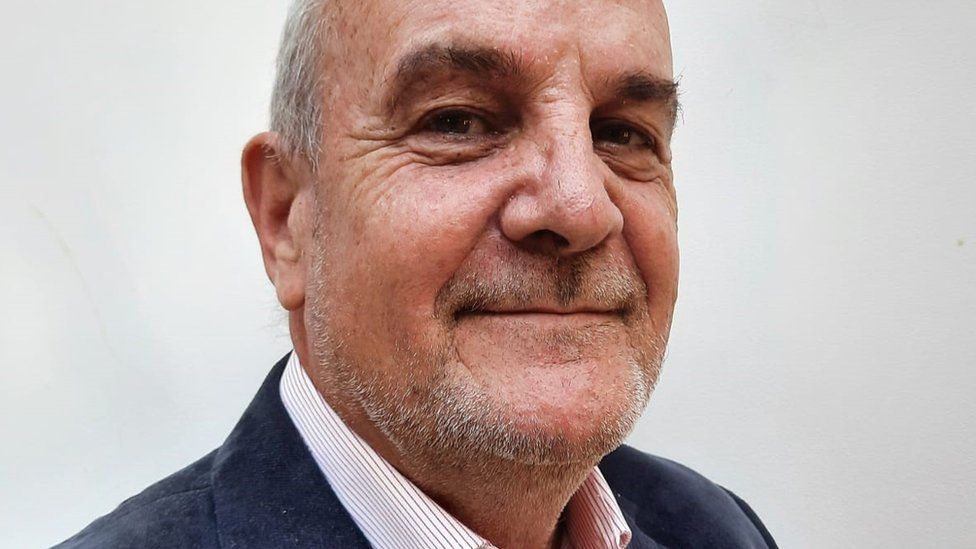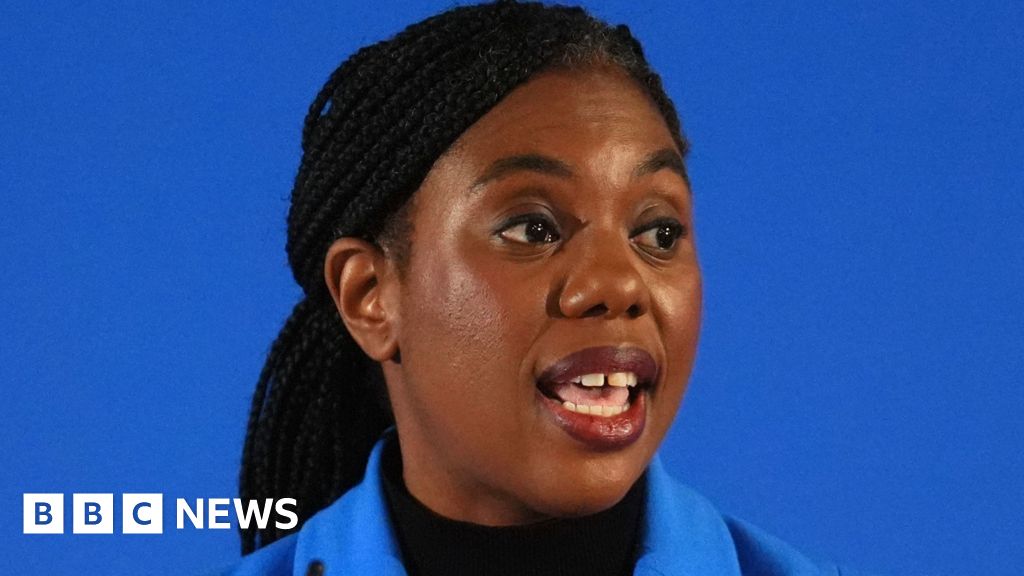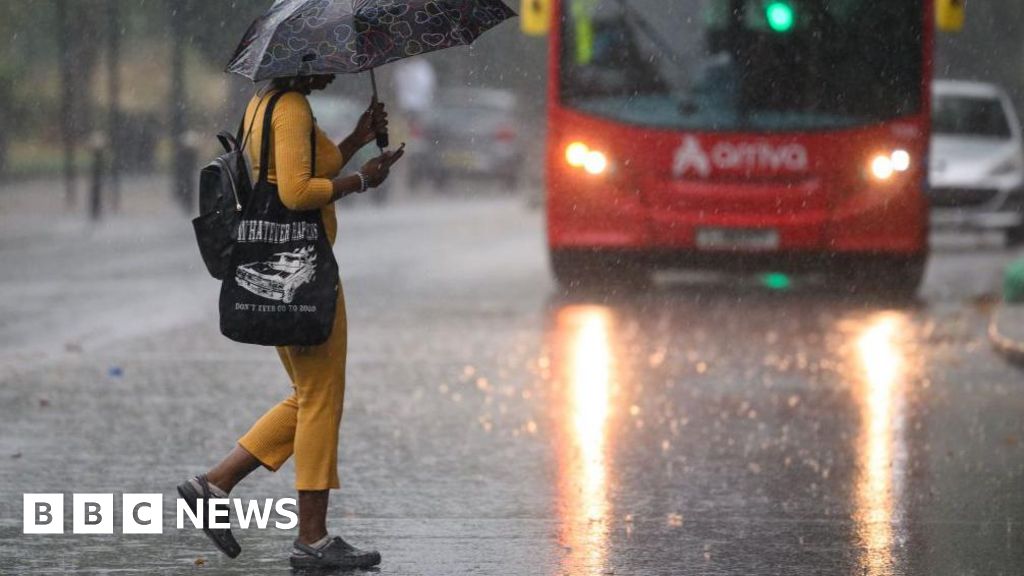ARTICLE AD BOX
 Image source, Michael O'Reilly
Image source, Michael O'Reilly
Michael O'Reilly says older workers still have a lot to offer
By Noor Nanji & Will Harris
Business reporters, BBC News
Michael O'Reilly from Bexhill wants a job, but says he can't find one because companies don't want people his age.
"It's horrible," he says. "You feel your usefulness has passed."
His experience is not unusual. New research from the Chartered Management Institute (CMI) suggests firms are much less open to hiring older workers than they are to bringing in younger talent.
Yet at the same time the chancellor is urging people who retired early to return to work.
In a speech on Friday, Jeremy Hunt said there were almost 300,000 fewer people in employment than before the pandemic, and warned firms would find it difficult to grow if they could not find enough staff.
"So, to those who retired early after the pandemic, or haven't found the right role after furlough, I say: Britain needs you," Mr Hunt said.
But the CMI, a professional body focusing on management and leadership, warns that to bring more older workers back into the workforce, employers will also need to "shift their attitudes" towards hiring.
The CMI surveyed more than 1,000 managers working in UK businesses and public services. It found that just four out of 10 (42%) were open "to a large extent" to hiring people aged between 50 and 64.
The survey, carried out at the end of October 2022, found that most employers were more open to hiring workers in younger age groups.
Almost three quarters, 74%, of managers were open to a large extent to hiring younger workers between the ages of 18 and 34.
Slightly fewer, that is 64%, were very open to hiring those aged between 34 and 49.
The number dropped furthest for applicants in the over-65 aged group. Just 18% of managers said they were open to a large extent to hiring people in that category.
The findings are despite the benefits older workers can offer. Mr O'Reilly has decades of experience working in the banking sector, starting as a programmer and moving up to global IT management positions. He is over 50, although he avoids giving his exact age to potential employers.
"What tends to happen is, over the phone the initial conversation is fine, but when you do video calls or face-to-face interviews the dynamics change. You can tell by their manner and their body language, they're not really paying attention to you," he told the BBC.
Leadership failings
Ann Francke, chief executive of the CMI, said it was employers, as much as older workers, who needed to hear the chancellor's message about encouraging them back to the labour market.
Employers were complaining of severe labour shortages, she said, while also admitting that they are hesitant to bring in older workers.
"[That] points to both cultural and leadership failings in businesses of all sizes, and that needs to change," she said.
Ms Franke said that older workers could be lured back, if they were offered training and flexible working options.
"But unless those doing the hiring revisit their attitudes, older workers will continue to be excluded, just when the labour market needs them the most," she said.
Wasted talent
Many sectors across the economy are suffering from acute staff shortages. But at the same time around a quarter of people of working age - about 10 million people - don't have jobs. Some are looking for jobs, others are students or carers, or are unable to work due to ill-health.
Image source, Getty Images
Image caption,Employers are less keen to hire workers over the age of 50
In his speech on Friday, Mr Hunt said if students were excluded from the figure, there were 6.6 million people who were "economically inactive", describing it as "an enormous and shocking waste of talent and potential".
A significant number of those, more than one million, are people between the age of 50 and 64, who have retired early.
Some firms are welcoming the move to encourage retirees back to work. Emma Harvey, a human resources executive from the insurance company, Axa UK, said bringing more over-50s back into work would help provide the "talent and the skills" that Axa needed, as well as ensuring the firm's workforce properly reflected its customer base.
"Given that we've got such a shortage of workers, it's absolutely a space where every business should be looking, and it's certainly one that's a critical one for Axa," she said.
Learning
Shevaun Haviland, director general of the British Chambers of Commerce, said firms repeatedly told her they could not hire the staff they needed.
While improving childcare and other strategies could also help bring younger workers back into the workforce, luring back the over-50s was also "part of the answer" to filling those labour shortages, she told Sky News on Sunday.
Advising companies how they can embrace a multi-generational workforce could also help shift attitudes, Mr O'Reilly believes.
So, while he is still looking for employment, he has also set up the Age Diversity Network, an organisation which works with employers highlighting the benefits of hiring older workers.
"I, and many other older workers, still have a lot to offer," he says.
"I still want to learn, and am more than happy to work at a lower level and give something back based on my experience and to help others gain from that experience."

 2 years ago
91
2 years ago
91








 English (US) ·
English (US) ·